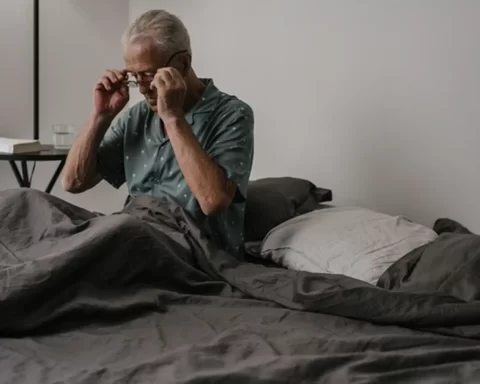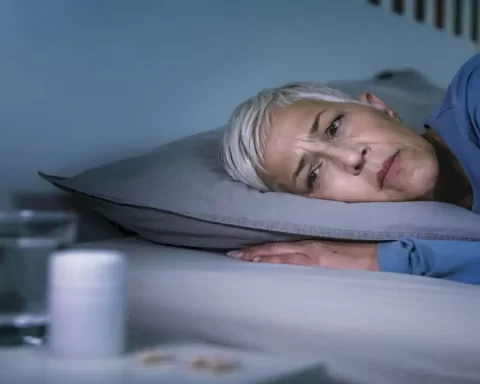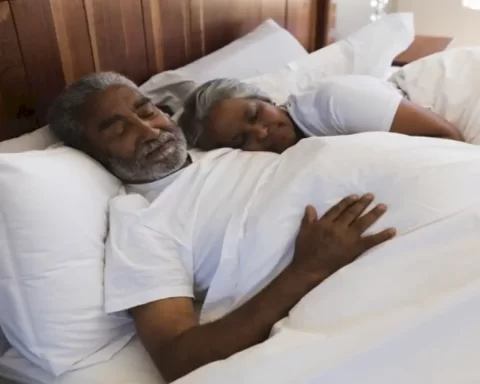15 Jan 2024: Consuming alcohol within four hours of going to sleep actually affected participants worse than drinking coffee before bedtime.
Better sleep quality is probably on your list of self-improvements for 2024, but there could be alcohol you’re drinking before bedtime that’s wreaking havoc on your sleep routine.
According to the NHS, a healthy adult should be getting around seven to nine hours of sleep per night, and there a things you can do to try and help fall asleep faster, and get better shut-eye quality.
We all know that avoiding caffeine before bed is important, as the stimulant can leave us feeling awake for hours, but an expert has shared another drink you should be avoiding before bedtime – alcohol.
Sleep experts at Bed Kingdom have revealed potential causes of insomnia, and one of them is related to the habits of drinking alcohol and nicotine consumption.
The sleep experts explained: “While alcohol can often make you fall asleep faster, drinking it close to bedtime can cause fragmented sleep and can be the cause of frequent waking throughout the night. Studies have found that drinking alcohol within four hours of bedtime can negatively affect sleep continuity and duration, leading to longer ‘wake after sleep onset’ (WASO), where you wake up during the night and struggle to get back to sleep.
“If you are having trouble staying asleep after an evening drink, try to have your last drink around four hours before you go to bed to ensure that your body has had ample time to digest and metabolise the alcohol before you try to fall asleep.”
Studies have also shown that consuming nicotine before bedtime is related to insomnia because it impacts the body’s ability to fall and stay asleep. The experts explained: “Caffeine works by blocking the effects of adenosine, a neurotransmitter that naturally builds up in the body during the day and creates pressure to sleep.”
While you may already know consuming caffeine could hinder your ability to sleep, you might not know how long it stays in your system. According to a study published in the National Library of Medicine, caffeine was found to have a half-life of five hours in healthy individuals – meaning it can take around five hours for half of the caffeine to leave your body.
The experts said: “While it may sound extreme, if you are having trouble drifting off in the evening, consider cutting off caffeine eight to 12 hours before your bedtime.
“If you typically go to bed at 11pm, this could mean having your last caffeinated drink at around 1pm in the afternoon and opting for decaffeinated options for the remainder of the day.”
If insomnia impacts your daily life and has been a problem for longer than a month, and isn’t related to a factor such as alcohol and nicotine consumption, the experts recommend you make an appointment to see your doctor.
Input with Mirror





